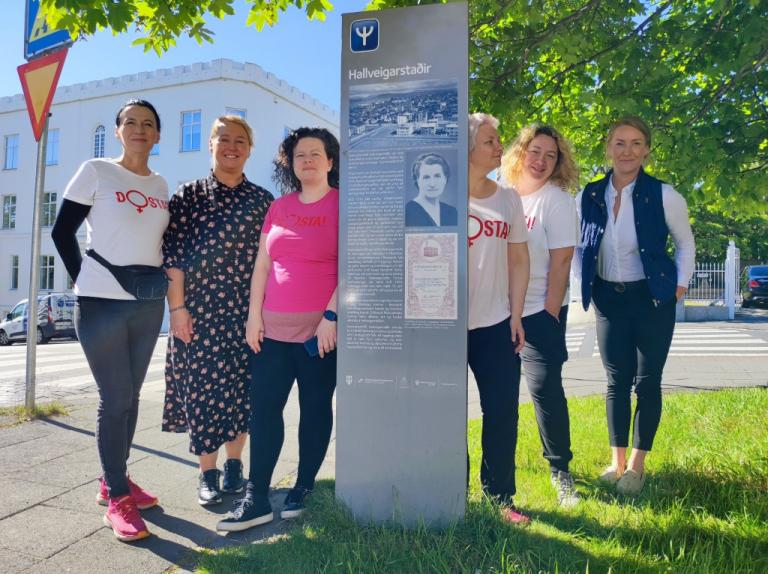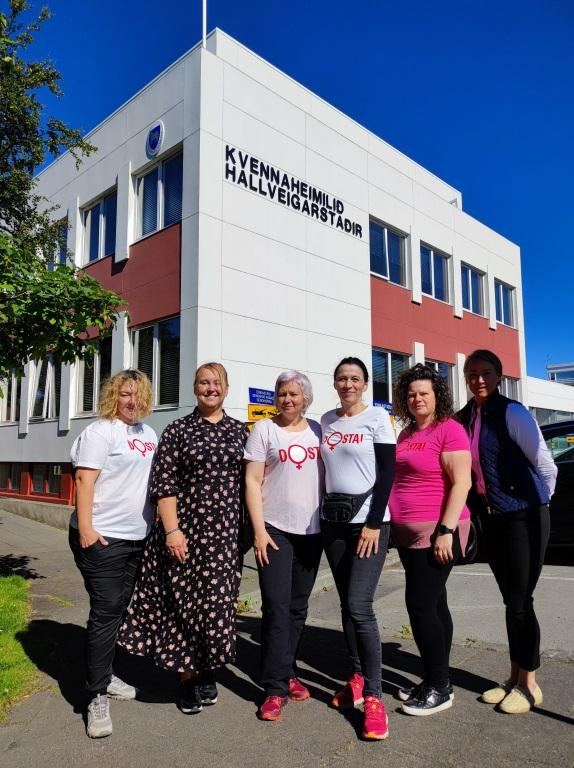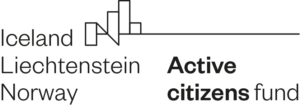Empowering Women Through Recognizing and Combating Suppression Techniques
Posted 27.07.2022.

Iceland as an Inspiration for Advancing Women’s Rights in Healthcare
As part of the project RADAR – Strengthening the Advocacy Capacities of Women’s Rights Organizations in Healthcare, the team from the Roda association spent four intensive working days in Iceland from June 27 to 30, 2022. During their visit, Icelandic partners from the Women’s Counselling organization shared their knowledge and experience on combating suppression techniques, known as Master Suppression Techniques (MST). This bilateral collaboration resulted in the development of a draft program for training trainers on suppression techniques, which will soon be introduced to the first participants in Croatia.
Raising awareness of suppression techniques helps women recognize situations where they find themselves in an unequal position, which is often reflected in women’s testimonies about their treatment in healthcare institutions during various gynecological procedures. Subtle methods such as ignoring, withholding information, and inducing guilt often leave women feeling that their rights have been violated. By learning from Icelandic experts and activists, Roda has gained valuable knowledge on identifying and countering these techniques.
Icelandic Best Practices in the Fight for Gender Equality
During their visit, Roda collaborated with Stígamót, a non-governmental organization that provides support and education in the field of sexual violence. Their campaigns, such as Sjúkást – Crazy Love, raise awareness among young people about abusive relationships and the importance of respecting personal boundaries in intimate relationships. Steinunn Guðjónsdóttir presented these campaigns as examples of successful educational and activist initiatives.
Social media expert Ólafur Jónsson shared insights on precisely targeting audiences through video campaigns, which will be particularly useful for Roda’s planned campaign in partnership with Open Media Group (O.M.G.).
A particularly inspiring experience came from Íris Ósk Ingadóttir, who employs unconventional learning methods, including Theater of the Oppressed techniques, in working with young people in Iceland’s youth centers. These centers offer various activities that help young people develop valuable life skills, including respecting personal boundaries.
Bjarney Rún Haraldsdóttir from the Bjarmahlíð Family Legal Center in Akureyri presented a video collage featuring different examples of suppression techniques, such as gaslighting and mansplaining. She also introduced the Roda team to the concepts of tender self-compassion and fierce self-compassion, developed by Dr. Kristin Neff, which help women who have experienced humiliation or violence to regain their confidence and strength.
Collaboration for a More Resilient Society
At the Women’s Shelter, Sigþrúður Guðmundsdóttir utilizes knowledge about suppression techniques to help women become aware of the types of violence they may have suffered. The shelter has developed a questionnaire that helps both women and men recognize whether they are victims or perpetrators of violence, providing recommendations for further steps and contacts for assistance.
Margrét Steinarsdóttir from the Icelandic Human Rights Centre (IHRC) shared her experiences working with immigrant women, who are often economically dependent on their partners and exposed to domestic violence. These insights are particularly valuable given the similar challenges Roda encountered during the refugee crisis several years ago.
The visit concluded with a tour of the Hallveigarstaðir building, named after the first female settler in Iceland, where significant Icelandic women’s organizations are housed. Thornbjörg Inga Jónsdóttir from Women’s Counselling provided a historical overview of the women’s movement in Iceland, with a special focus on the Women’s Day Off protest in 2000, which she personally initiated.
This collaboration between Roda and Icelandic organizations represents a significant step in empowering women and advancing their rights in the healthcare system by providing tools for recognizing and combating suppression techniques. The experiences gained in Iceland will be instrumental in future training sessions and advocacy efforts aimed at improving the position of women in Croatia.

